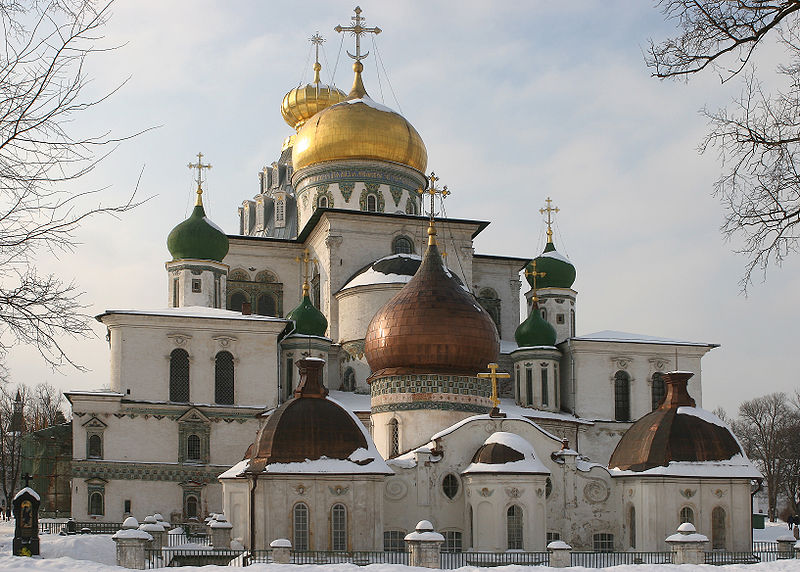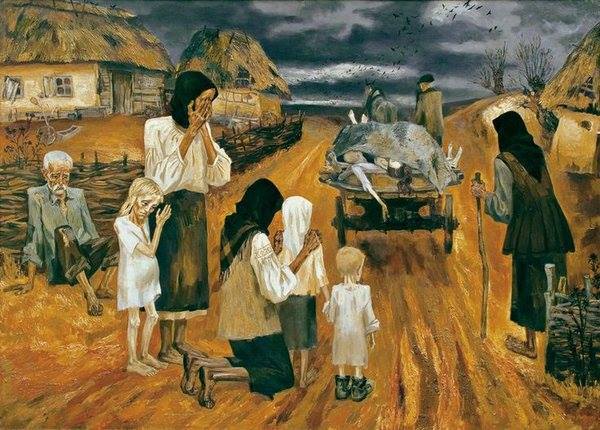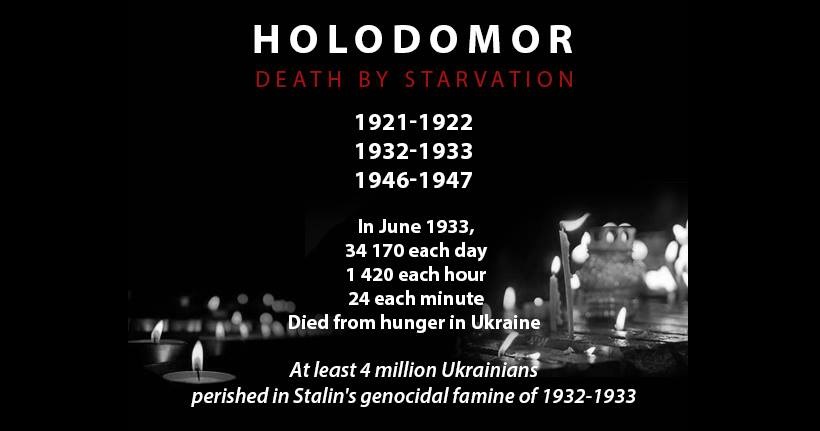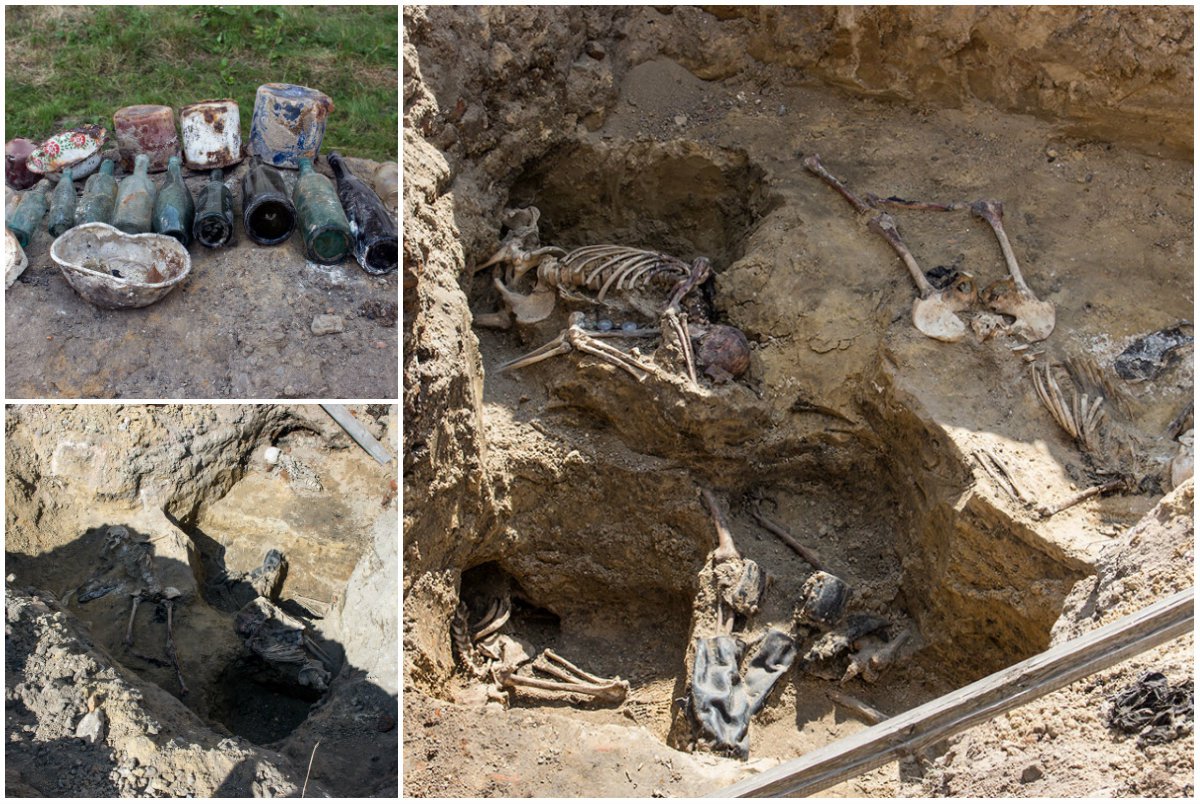Orthodox churches in Moscow built before 1700 feature crosses with a Muslim crescent moon on them, a feature not found on any Orthodox church in Kyiv and an indication, Andrey Bulgarov argues, that “the Muscovite variant of Orthodoxy is much closer to Islam than it is to Christianity.”
Russians have many explanations for the fact that a Muslim crescent is displayed on the crosses of these churches, the Ukrainian commentator says, the most popular of which is that it signifies the subordination of Islam to Muscovy after Ivan the Terrible seized Kazan.
But such an argument is “absurd,” he suggests, just as absurd as it would have been for Moscow to put the symbols of Nazism on Soviet symbols as a sign of its “victory over fascism.” And consequently, one needs to look in a different direction for an explanation, especially since such crescents are not found in the Orthodox churches of Kyiv.
“As is well-known,” Bulgarov argues, “the Moscow principality and later kingdom was completely subordinate to the Golden Horde and its descendants, and that in turn means that life in Muscovy was in no way distinguished from life in the Kazan, Astrakhan or Siberian kingdoms.” Moreover, Moscow residents greeted each other with the word “salaam.”
The Muscovite elite preferred oriental clothing and women were kept out of public view and wore veils (chadors) when in public. Clearly, “such a way of life could not but be reflected in the beliefs of Muscovites,” as for example when women were kept out of churches and had to pray outside.
“The chronicles say that the church in Muscovy was cruel and authoritarian, and this distinguished it in significant ways from the democratic Christian religion disseminated in Kyivan Rus before the Mongol-Tatar invasion. The most important dogma for the Muscovites was the recognition of the tsar as the representative of God on earth.”
That meant that to the tsar everything was permitted and to his slaves nothing, “a version of Christianity that was very useful for the Golden Horde authorities.” To use such ties from within Orthodoxy itself was the best means for keeping order that they could imagine, Bulgarov says.
This tradition was continued by all succeeding Muscovite tsars, none of whom “decided to return to his people the true Orthodox faith of Kyivan Rus,” something foreign travelers noted in the seventeenth century. One Swedish visitor even posed the question; “Are Muscovites in general Christians? And then he gave a negative answer to that!”
That in turn means, Bulgarov continues, that “the Muscovite variant of Orthodoxy is much closer to Islam than to Christianity,” an observation that even Vladimir Putin has made in the past. But it also means that Ukrainian Orthodoxy which doesn’t have this feature is much closer to the rest of the Christian world than Russian Orthodoxy and Russia is.
Related:
- Symbolic expansion: how Putin annexes history, not only territories
- Putin’s ‘appropriation’ of medieval Ukrainian princess reflects more than historical arrogance
- How Moscow hijacked the history of Kyivan Rus’
- Kings or Princes? Why Do the Titles of Rusian Rulers Matter
- Ukrainian conflict is between ‘heirs of Kyivan Rus’ and ‘heirs of Golden Horde’
- Princess Olha of Kyiv: a golden page in Ukrainian history
- Anna of Kyiv, the French Queen from Kyivan Rus
- Ukraine and Russia “share a long and common history” FAQ
- Stolen ancient viking’s sword from the dawn of Kyivan Rus comes back home to Ukraine
- Tatar historian: ‘Russians are no more European than are the Tatars’
- Ukrainian parliament mulls requiring officials to call the Russian state ‘Muscovy’





